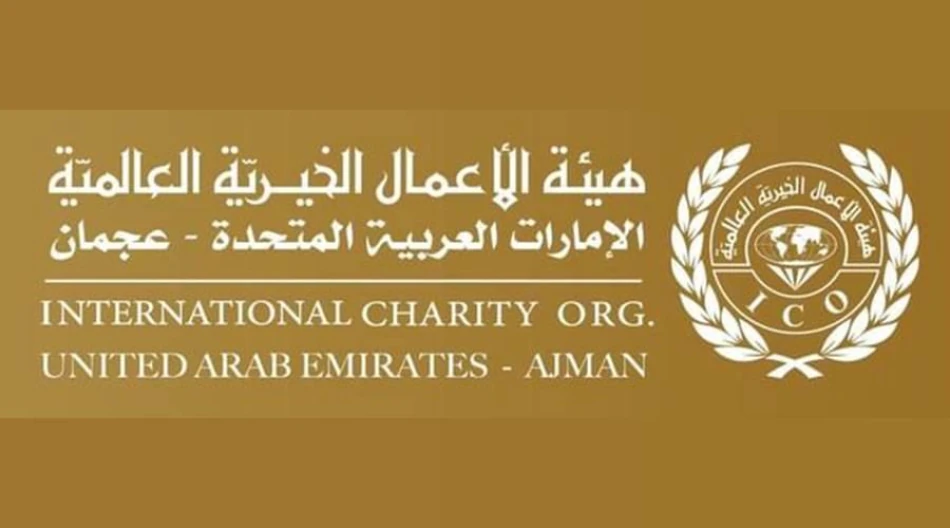
Empowering Education: 3,000 Students Receive School Bags in Impactful Initiative
UAE Charity Launches Major Back-to-School Initiative, Targeting 3,000 Students in Fight Against Educational Inequality
The Global Charitable Business Authority has unveiled its annual school supplies program for the new academic year, distributing backpacks and stationery vouchers to over 3,000 students across various educational levels. The initiative represents a strategic effort to tackle educational barriers facing low-income families in the UAE, reflecting broader regional trends toward education-focused philanthropy as governments recognize the economic imperative of human capital development.
Comprehensive Support Beyond Basic Supplies
The program, operating under the banner "Let's Light Their Future 2025," extends both domestically within the UAE and internationally, signaling an ambitious scope that mirrors similar educational support frameworks seen in Singapore's community development councils and Qatar's social welfare programs. The initiative provides not just physical school bags, but also purchasing vouchers that give families flexibility in selecting appropriate stationery for their children's specific needs.
This approach demonstrates a more sophisticated understanding of poverty alleviation compared to traditional one-size-fits-all charity models, allowing parents to maintain dignity while accessing essential educational resources.
Strategic Investment in Human Capital Development
Dr. Khalid Abdul Wahab Al Khaja, Secretary-General of the Global Charitable Business Authority, positioned the program as more than material assistance, describing it as "a message of hope" that represents long-term investment in human development. This rhetoric aligns with the UAE's broader Vision 2071 strategy, which prioritizes education as a cornerstone of economic diversification away from oil dependency.
The timing proves particularly significant as Gulf states increasingly compete for knowledge economy positioning. While the UAE has established itself as a regional education hub through initiatives like Dubai International Academic City, grassroots educational support programs like this one address the foundation level where future human capital is developed.
Regional Context and Scaling Implications
The program's expansion plans suggest recognition that educational inequality remains a persistent challenge despite the UAE's overall prosperity. Similar initiatives across the Gulf Cooperation Council countries indicate a regional acknowledgment that economic diversification requires comprehensive educational support systems, not just elite university partnerships with Western institutions.
The initiative's dual domestic and international scope positions the UAE as an educational aid provider, potentially enhancing its soft power influence in developing markets where it seeks commercial opportunities. This mirrors China's educational aid programs that have strengthened diplomatic and economic relationships across Africa and Asia.
Market and Policy Implications
For education sector investors, such programs signal government commitment to maintaining social stability while pursuing economic transformation. The emphasis on "sustainable development" language suggests alignment with international development frameworks, potentially opening channels for multilateral funding and partnerships.
The program's focus on combating ignorance and promoting sustainable development through education reflects growing recognition that social inequality could undermine the UAE's economic diversification efforts if left unaddressed. As the country positions itself as a global business hub, ensuring broad-based educational access becomes not just a social imperative, but an economic necessity.
Most Viewed News

 Omar Rahman
Omar Rahman






